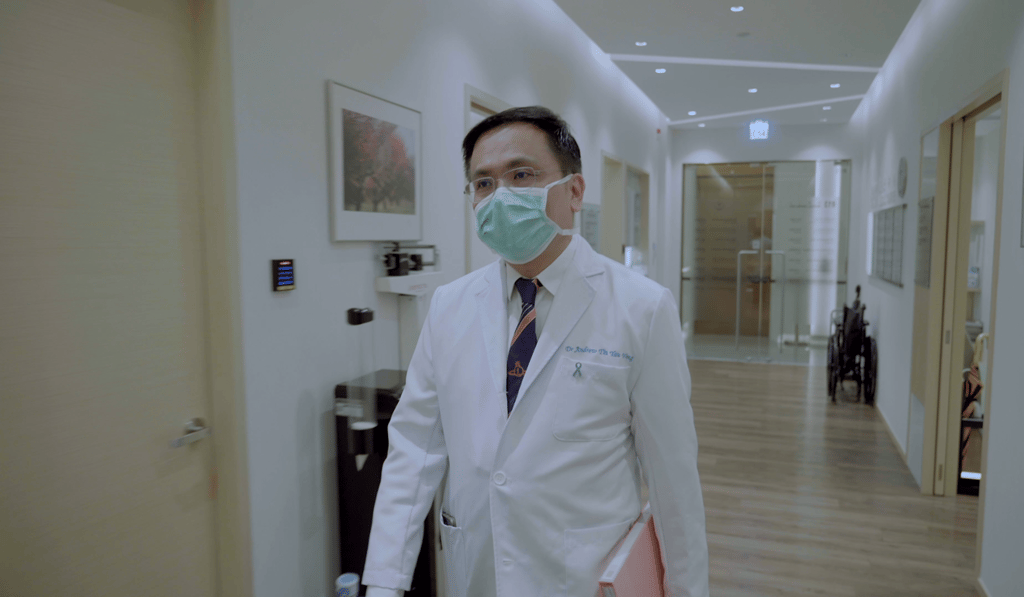Hard lessons from the Covid-19 pandemic: patients-first collaboration is critical to ensure no condition gets sidelined
- The spread of the coronavirus has strained health care systems, affecting patients with chronic conditions as their treatments get delayed
- These disruptions call for community health care workers, industry leaders and governments to collaborate on addressing patient needs
[Sponsored article]
The global battle to eradicate Covid-19 is still ongoing. At the height of the pandemic, accounts of health care workers struggling to cope with rising case numbers – leaving them physically and mentally exhausted – made multiple news headlines every day.
Many countries came to the painful realisation that their health care systems were not prepared to deal with a large-scale health crisis requiring the urgent mobilisation of resources and affecting the whole population, according to multinational consultancy Deloitte.
“There’s nothing more important than getting access to innovative treatments, including those that are still in the clinical trial phase,” says Dr Andrew Wong Tin-yau, a specialist in infectious disease and immediate past president of The Hong Kong Society for Infectious Diseases.

While progress has been made to treat and prevent Covid-19, a study published in the International Journal of Physiology, Pathophysiology and Pharmacology in June reported that “the outbreak of the pandemic created significant barriers to diagnosis, treatment and follow-up of chronic diseases”.
